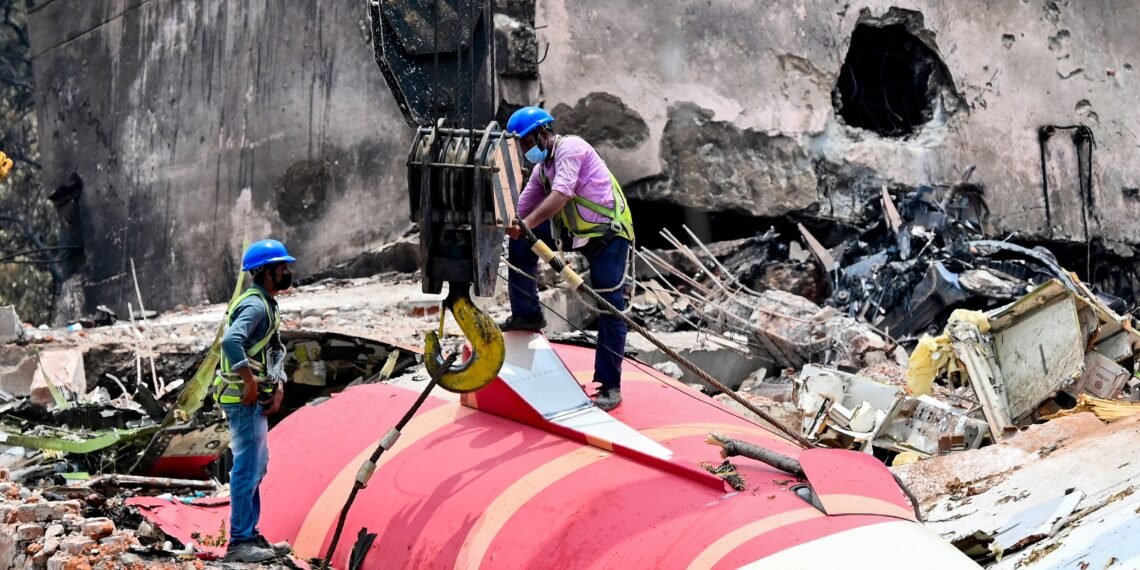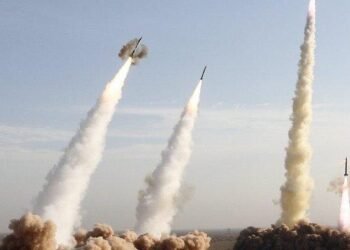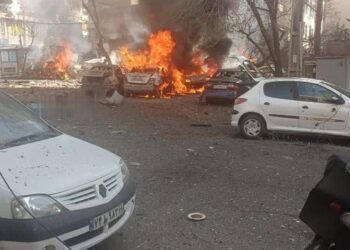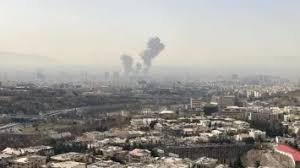Etihad Airways has issued new safety directives on Boeing 787 fuel switches following the preliminary report into the AI171 crash. Meanwhile, Indian pilot unions condemn the “reckless” media speculation over pilot intent.
BY PC Bureau
New Delhi, July 14 — In the wake of the preliminary investigation report into the tragic Air India Flight AI171 crash, major developments have emerged across the global aviation sector — ranging from heightened safety directives to fierce backlash from pilot unions over speculative narratives surrounding the crew’s actions.
The Aircraft Accident Investigation Bureau (AAIB), in its initial findings released on July 13, revealed a critical sequence of events: both engines of the Boeing 787 Dreamliner shut down shortly after takeoff from Ahmedabad en route to London Gatwick, with both fuel control switches flipping from the “RUN” to “CUTOFF” positions — a catastrophic failure that led to the deaths of all 241 people onboard and 19 individuals on the ground.
READ: UFO Collision With F-16 Sparks Airspace Security Debate
The report has triggered a wave of reactions, policy responses, and controversy — with some pointing toward technical failure and others irresponsibly insinuating deliberate action by the crew.
Etihad, South Korea React
In an immediate response to the AAIB’s findings, Etihad Airways is reported to have issued a bulletin to its pilots on July 12 — the same day the crash probe was released — warning them to “exercise caution” while operating the fuel control switches on their Boeing 787 fleet. The airline emphasized that this action was taken “out of an abundance of caution.”
In addition to operational guidance, Etihad ordered a technical inspection of the fuel control locking mechanisms and instructed its engineers to verify proper engagement of this feature across its 787 aircraft. Pilots were also directed to avoid placing objects on the center pedestal to prevent accidental switch movement, and all crew members were asked to report any unusual behavior of cockpit systems.
Meanwhile, South Korea’s Ministry of Land, Infrastructure and Transport (MOLIT) is also reportedly preparing a directive requiring its carriers to examine Boeing aircraft fuel switches, according to Reuters. Although a timeline has not been finalized, the move indicates growing international concern over the design or placement of these critical switches — despite assurances from Boeing and the US Federal Aviation Administration (FAA) that no formal airworthiness directive is warranted.
Etihad inspected the locking mechanism on fuel control switches of its B787 (A6 BLI) on Sunday.
The engineering work order was issued after this aircraft diverted to Abu Dhabi minutes after take off for Hyderabad.
The work order is in line with the FAA 2018 circular which the… pic.twitter.com/9p4T0aqjhF— Manju V (@ManjuVTOI) July 14, 2025
“Although the fuel control switch design, including the locking feature, is similar across several Boeing aircraft, the FAA does not consider this an unsafe condition,” stated a notification to civil aviation authorities.
Pilot Unions Decry ‘Baseless Speculation’
Back home, the Indian aviation community has erupted in protest over what they call a “trial by media” that unfairly targets the AI171 pilots without conclusive evidence. The Indian Commercial Pilots’ Association (ICPA) and Airline Pilots’ Association (ALPA) of India have condemned insinuations of pilot suicide, calling such theories “grossly unethical” and “deeply insensitive.”
“We are disturbed by the speculative narrative — particularly the reckless insinuation of pilot suicide,” said the ICPA in a public statement. “There is absolutely no basis for such claims at this stage. These suggestions not only malign the memory of the crew but inflict additional trauma on grieving families.”
Adding fuel to the controversy is a cryptic exchange from the cockpit voice recorder (CVR), which captured one pilot asking, “Why did you cut off?” — to which the other responded, “I didn’t.” This exchange, occurring seconds before the crash, has led to widespread media conjecture, which unions argue lacks the necessary context and full transcript to be interpreted accurately.
Transparency and Fair Probe
Both the ICPA and ALPA have demanded that the full CVR transcript and flight data recorder (FDR) information be made public to provide clarity. ALPA has gone a step further, hinting at legal action over the composition of the AAIB investigative panel — particularly the absence of a trained Boeing 787 commander or pilot representative, which it says undermines the probe’s credibility.
READ: Why India’s Strike on ULFA a Body Blow to Manipur’s Valley-Based Insurgents
“We aren’t seeking immunity — we’re seeking a fair and thorough investigation,” said an ALPA official. “It is unacceptable that no experienced B787 pilot is part of this inquiry. Mechanical faults, human factors, training, and maintenance logs all deserve scrutiny.”
Industry experts have echoed these concerns, warning that one-sided narratives can jeopardize public trust in aviation systems and safety oversight mechanisms.
As the investigation continues, stakeholders are urging restraint and responsibility. While airlines like Etihad and authorities in South Korea take preventive action to address technical concerns, pilot organizations and safety experts are pushing back against premature judgments.
The overarching message remains clear: aviation safety must be driven by evidence, not assumption — and reputations should not be sacrificed at the altar of speculation.












